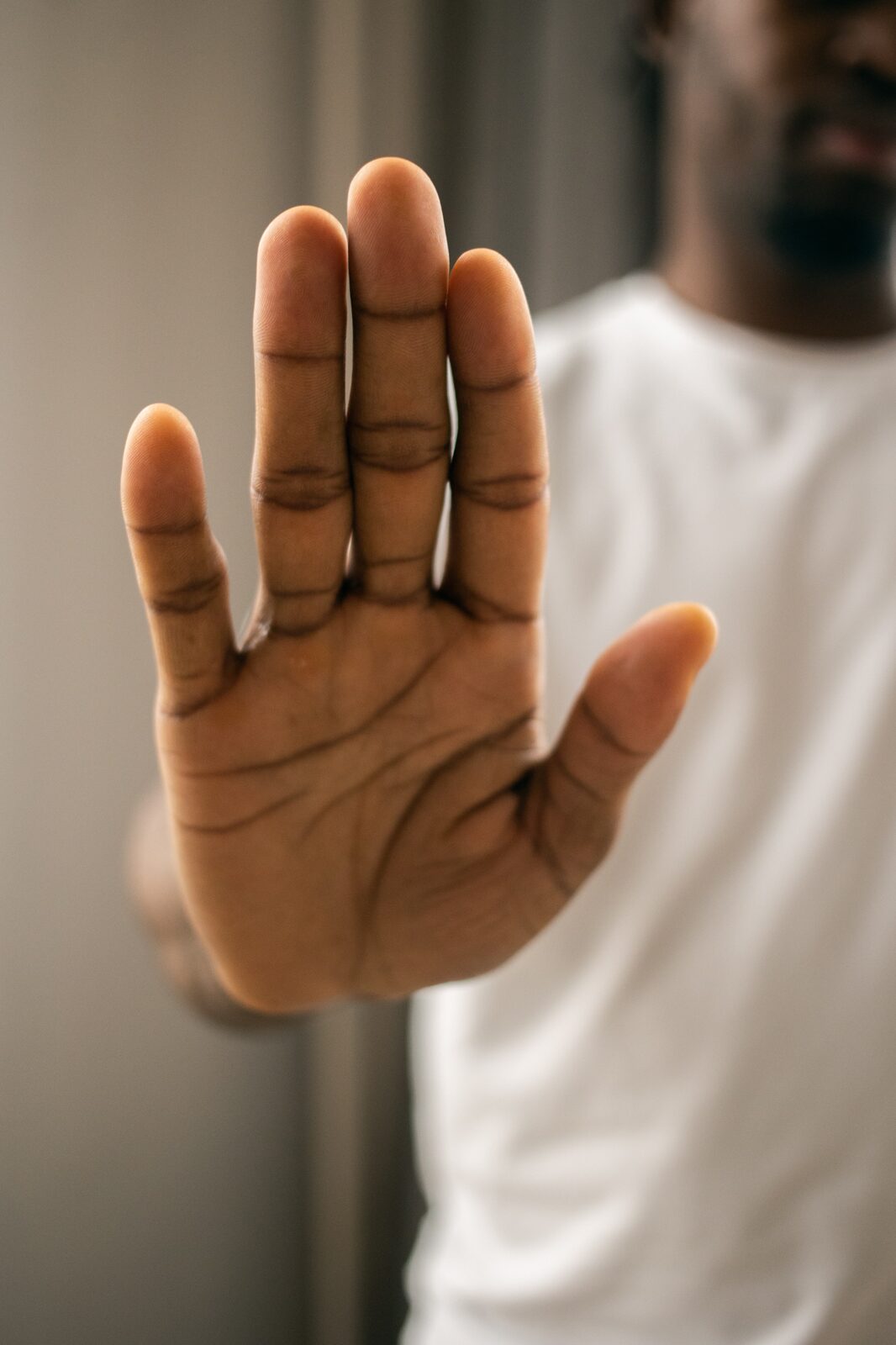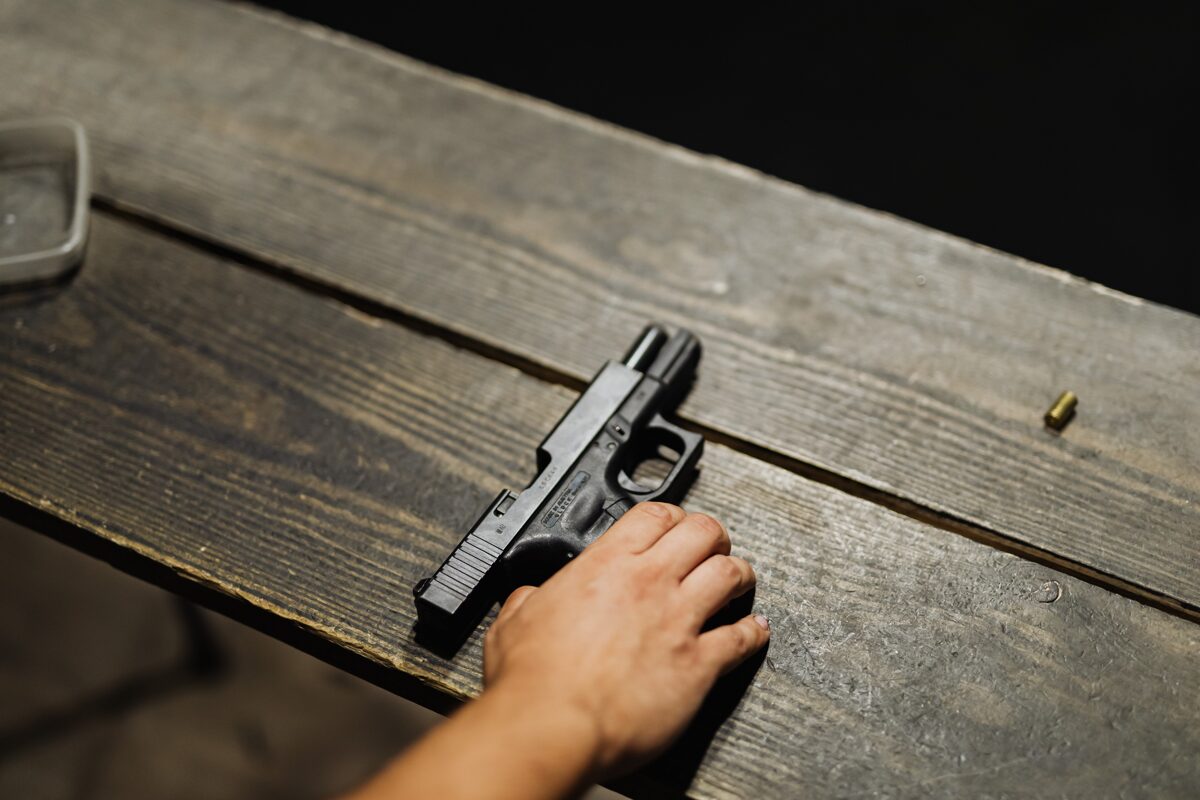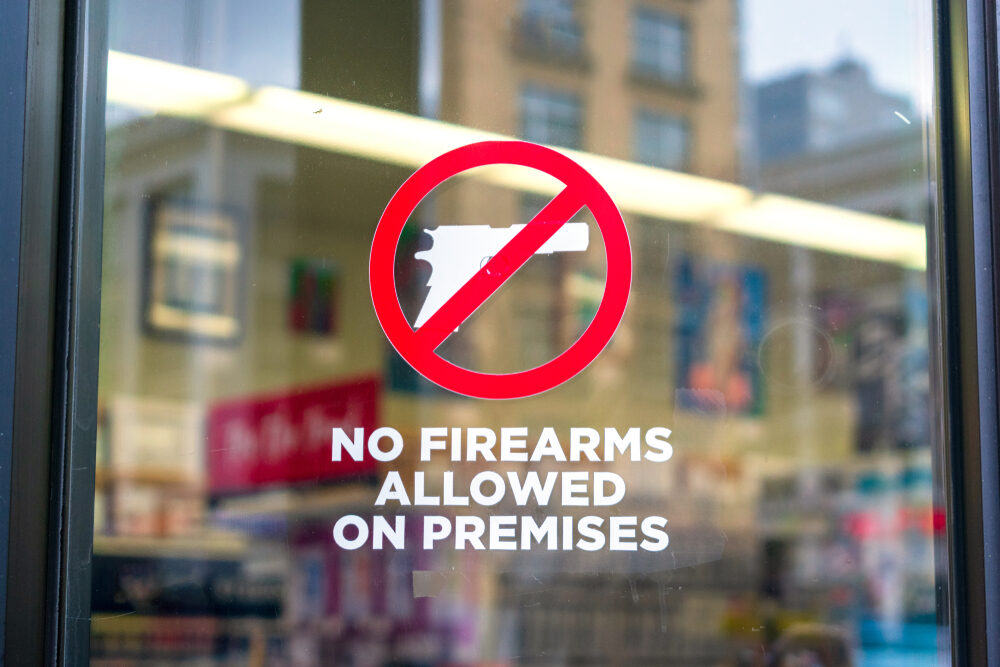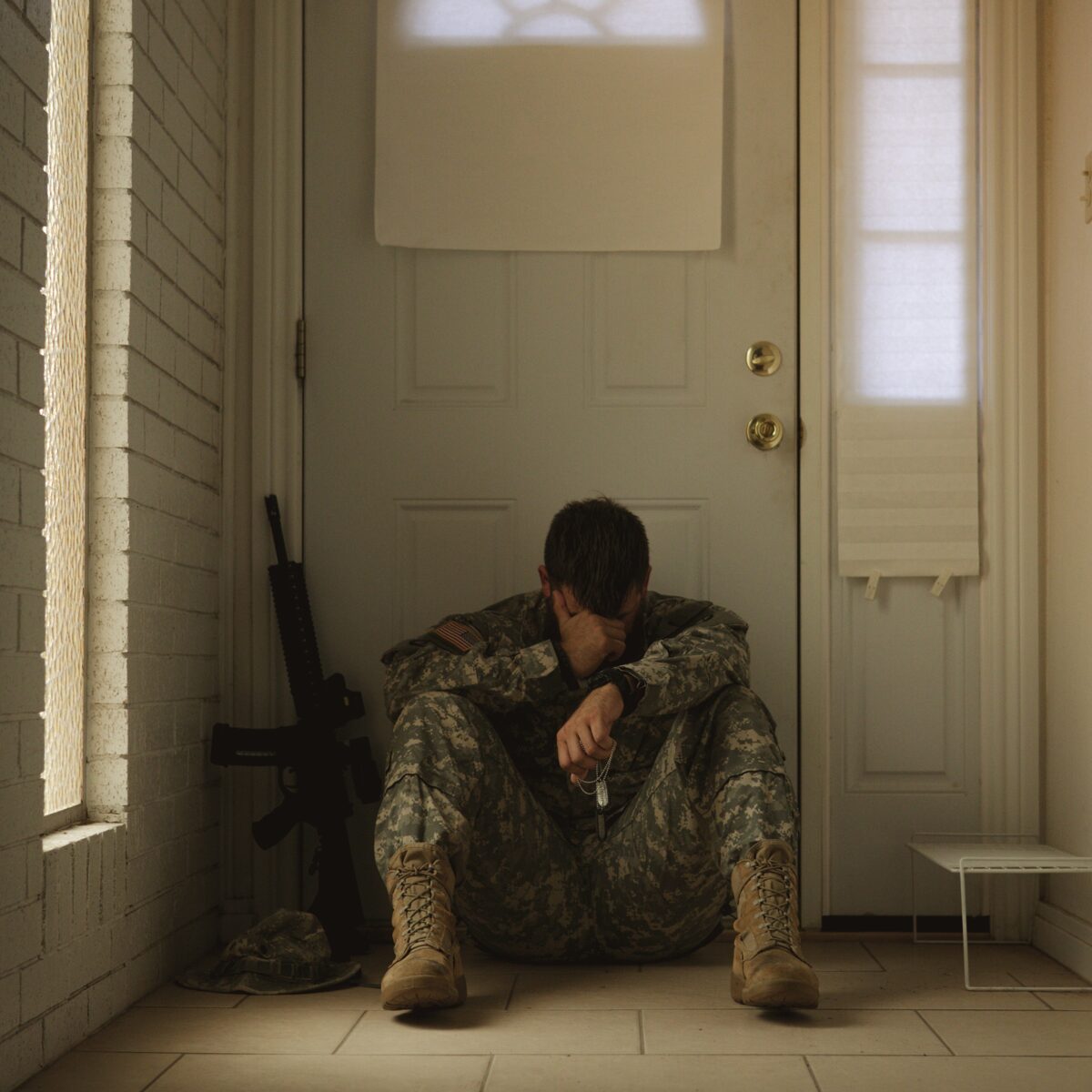Gun Safety Policies
The Marion County Youth Violence Prevention Coalition (MCYVPC) advocates for gun safety and gun violence prevention measures to ensure all children have access to a safe future.
- Universal Background Checks: Current law does not require background checks for gun sales at gun shows, on the internet, or between private individuals. Universal background checks are essential to close deadly loopholes in our laws that allow millions of guns to end up in the hands of individuals at an elevated risk of committing violence each year.
- Firearm Access for High-Risk Groups: We must keep guns out of the hands of those who would use them to harm children, families, and communities. Young adults are also at elevated risk of attempting suicide and engaging in violent behaviors. Our laws contain notable gaps that allow individuals who are at high risk of violence to possess firearms.
- Child Access Prevention Laws: Child and teen gun deaths are preventable. Comprehensive child access
prevention and safe storage laws are incredibly effective tools to curb gun
deaths and injuries among children and teens.
- Assault Weapons & Large Capacity Magazines: Assault weapons with large-capacity magazines have become the weapon of choice for assailants seeking to perpetrate mass casualty attacks. These uniquely dangerous firearms are equipped with features that facilitate mass shootings and must be regulated accordingly.
- Preemption of Local Laws: When it comes to gun violence, local laws serve the important purpose of addressing the unique issues and dangers facing the community. Preemption in Indiana does not allow Marion County to pass local gun laws, which hamstrings them from taking any action to address the public health danger of gun violence.
- Gun Violence Prevention Research: Increased funding for data infrastructure and research is also crucial to better understand risks and protective factors for firearm violence, which can then inform effective prevention interventions.





